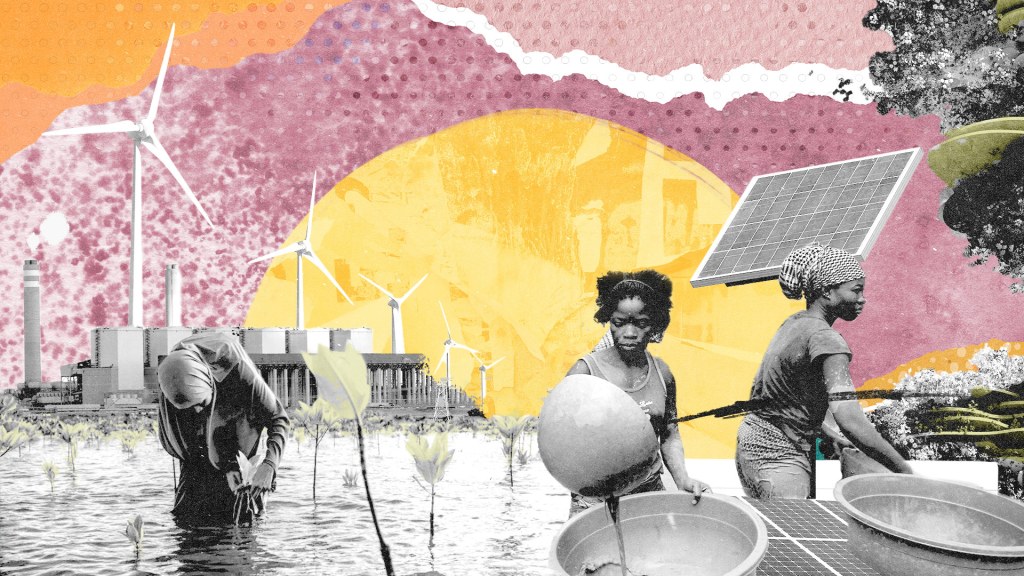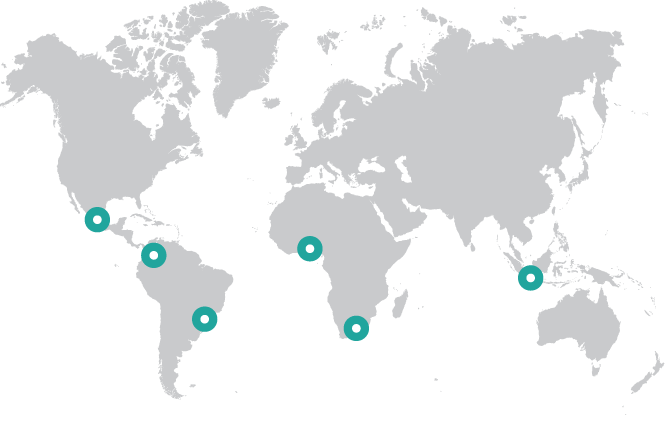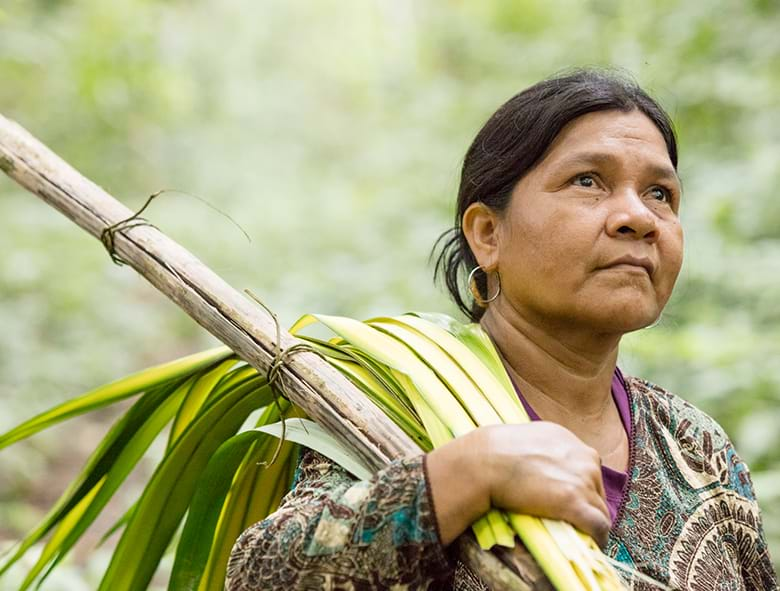International Strategy

As natural resource extraction expands in the Global South, private interests often outweigh the public good, driving inequality, injustice, and climate change. We work globally to ensure natural resource governance serves the public interest and reflects the aspirations of rural, low-income, and indigenous communities who claim customary rights to their land or have secured land rights.
The Challenge
Inequality and climate change are inextricably bound to how natural resources are governed. Who owns, controls, and benefits from extracting oil, gas, minerals, and forests—particularly from the lands of local and indigenous communities in the Global South—can have a devastating impact on livelihoods and the environment.
Multinational companies and other powerful players take advantage of weaknesses in governance to obtain an inordinate share of the benefits from extraction.
In some cases, revenues are moved out of countries illicitly, leaving governments and communities cash-strapped.
Rural, low-income communities and indigenous peoples often receive very little benefit from extraction, yet bear a disproportionate burden of the industry’s social, economic, and environmental risks. These communities lack legal recognition to nearly two-thirds of the land where they claim customary rights, making them particularly vulnerable to displacement, conflict, and environmental harm.
The Opportunity
When governed fairly, the natural resource sector can contribute to reducing inequality in the Global South. Likewise, where indigenous and local communities have secured and recognized land rights, their livelihoods are protected, rates of deforestation are lower, there is less conflict, and women are safer.
These communities are a key part of the solution to climate change. By protecting forests, they prevent roughly 300 billion metric tons of carbon from being released into the atmosphere, and these standing forests filter carbon pollution from the air.
Legal and enforced land rights give communities a seat at the table, so they have a say in who benefits from extraction and how land use will be managed. Land rights also protect them from involuntary or forcible displacement when industrial-scale projects arrive at their doorsteps.
Our Aim and Approach
We work to put the people most affected by the extraction of natural resources at the center of solutions. We focus on three key areas:
Building effective leaders and networks
We help indigenous peoples and local communities expand their capacity to be effective leaders, communicators, and organizers using funding from our BUILD program. We help them establish alliances and networks locally and globally, and access public and private decision-making spaces to build their collective power, so they can shape decisions that affect their land and rights.
Strengthening positive narratives
We connect indigenous and local communities with think tanks, researchers, legal groups, and scientists who use data to support arguments, and with advocacy organizations and communicators who can amplify the voices of the communities. Together, they use strategic communications to build positive narratives around natural resources, the extractive industry, their communities, and climate change.
Mobilizing resources
We build a network of philanthropies and bilateral and multilateral organizations to leverage international finance to put into place policies designed to reduce inequality, curb climate change and preserve the agency of the communities we support. A founding member of the collaborative fund, the Climate and Land Use Alliance, we leverage an additional $5 for every $1 we put in the alliance.
Our Impact
By 2030, our goal is to ensure the needs of rural, low-income and indigenous communities are reflected in policies and practices related to natural resources in the Global South. We work toward four important outcomes:
Secured land rights
Afro-descendants, indigenous peoples, and local communities in forested and extractive regions will have more secure land rights that will be recognized by governments and companies. At least 50 percent of forests in low- and middle-income countries will be recognized as owned or designated for use by these communities.
Local communities will have a seat at the table
Rural communities will increasingly and freely exercise their rights to have a say over extractive projects that affect their culture, tradition and land. Those rights will be reflected in government policies and corporate practices.
Equitable benefits
Government and corporate policies and practices will ensure the equitable distribution of benefits and compensation from extractive projects for affected communities.
Good governance
Governments and companies will instill policies and practices that explicitly reduce illicit financial flows, corruption, tax evasion, and environmental crimes related to natural resources.
Portfolio Snapshot
where this work is happening
We support communities from the following regions to shape local and global decisions that affect their lives: Andean region, Brazil, Indonesia, Mexico and Central America, Southern Africa, West Africa
where we work

number of grantees203
annual budget$25 million
build budget$95 million
build grantees61
Grantee Snapshot

Bringing indigenous voices to the international stage
With BUILD support, grassroots indigenous organizations—Aliansi Masyarakat Adat Nusantara from Indonesia, Articulação dos Povos Indígenas do Brasil from Brazil, Coordinadora de las Organizaciones Indígenas de la Cuenca Amazónica from the Amazon, and Alianza Mesoamericana de Pueblos y Bosques from Mesoamerica—have created a powerful alliance that gives voice to indigenous peoples in key global policy arenas. By working with scientists and researchers who support the organizations’ arguments and advocates and communicators who amplify them, the alliance has established indigenous and local communities as integral solutions to climate change and opened doors for participation in decision-making circles that affect the natural resources sector.